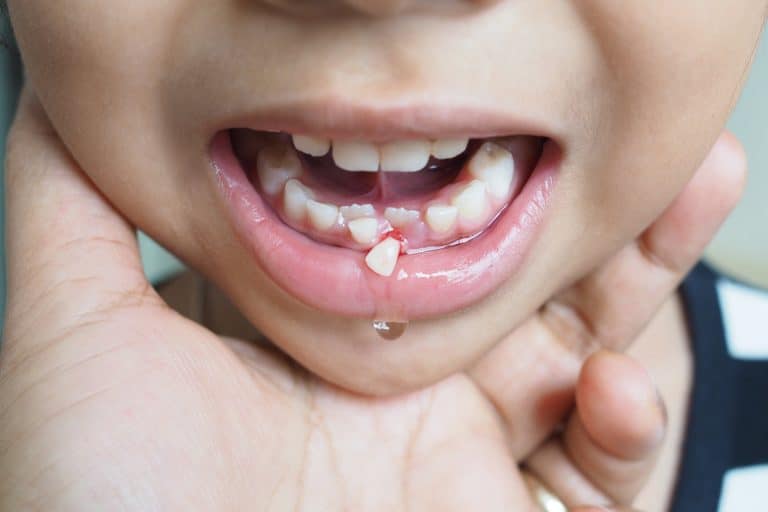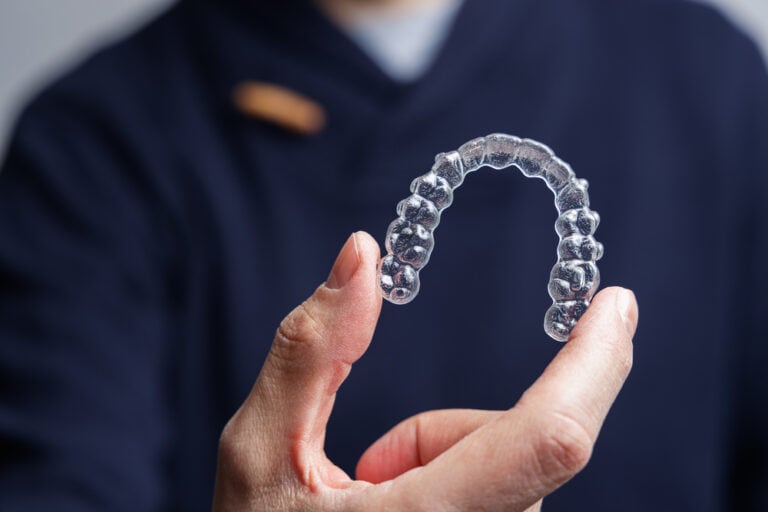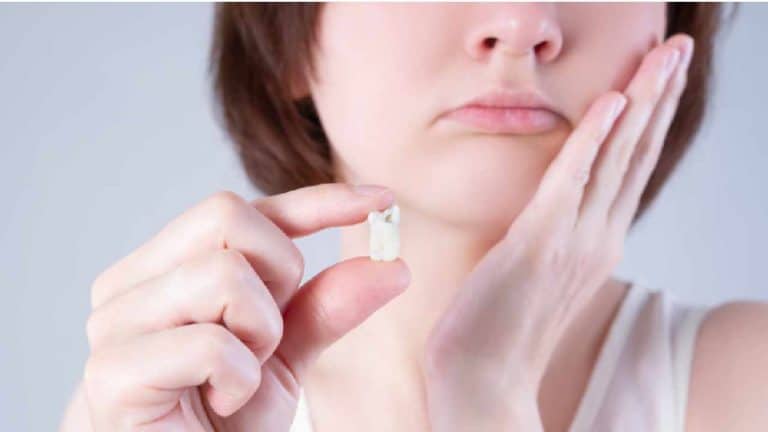If you’ve recently had teeth whitening treatment, you’ll want to do all you can to preserve the whiteness in your smile. The last thing you’d want is pigments becoming attached to your teeth causing those stubborn stains to return.
To avoid this, it’s recommended that you change your dietary choices, particularly 48 hours after treatment. This is because the actions you perform within the first 48 hours after teeth whitening treatment will have an impact on the results that you see immediately after treatment. There will be significant improvements to your smile, but without proper oral care, the whiteness in your smile may no longer be there.
Why You Should Watch What You Eat After Teeth Whitening Treatment
During teeth whitening treatment, your enamel becomes porous, meaning that it’s vulnerable to certain pigments and foods temporarily. Therefore, if you eat foods containing staining properties like pigments, the results may be instant on your teeth, meaning that treatment becomes a waste of money.
Therefore, within the first 48 hours post-treatment, avoid the following for the first 48 hours at least.
Coffee
Coffee is one of the biggest sources of staining because it contains tannins. Tannins darken your teeth, and the last thing you want after teeth whitening treatment is for tannins to come in contact with your teeth.
Soft Drinks
Carbonated drinks contain sugar and acid, two culprits that damage tooth enamel. When the enamel becomes porous, your teeth are vulnerable to damage quickly.
Wine
Unfortunately, that glass of wine you’ve been waiting for at the end of a week will have to wait. Wine is high in acids, causing damage to your enamel and causing deep staining.
Refined Sugars (Chocolate and Candy)
Chocolate and candy are two culprits for tooth decay, discolouration and enamel erosion. When your teeth are sensitive, it’s not a good idea to reach for the candy and chocolate drawer.
Sauces
Sauces such as soy sauce and ketchup taste good with your meal but will cause staining very quickly. It’s recommended that you eat bland choices without the extra sauce topping for the time being.
Food And Drink You Can Have After Teeth Whitening
Luckily, some tasty delights are available without the pigments and tannins that stain teeth. You can eat the following foods after a teeth whitening treatment.
Meat and Poultry
Lean protein such as chicken is a great choice after a teeth whitening treatment. However, it is recommended that you avoid topping it up with sauces such as BBQ. Lean meat with vegetables is a great recommendation for a healthy meal. Although, avoid red meats.
Wholegrains
Wholegrain options such as rice, bread and pasta are safe to eat immediately after a teeth whitening treatment. You may consider removing the crust around the bread just to be sure. With pasta, avoid adding any sauces.
Dairy Products
Cheese and Yoghurt contain calcium, a source of strength for your enamel. Stick to plain yoghurt and white cheese initially.
Water
Drop any carbonated drinks and stick to drinking water. There are many health benefits to drinking water from a hydration and oral health perspective. There’s no danger of your teeth staining with water either.
Fruit and Vegetables
Light-coloured fruit and vegetables such as pears, banana, apple, cauliflower, potato and mushrooms are healthy and beneficial to your smile too!
What is important to note is that the food and drink picked out should be followed initially for the first 48 hours post-treatment. When the bleaching agent begins to settle on your teeth, you can then consider reintroducing some of your favourite foods. Although, it is highly recommended that you be careful with your choices if you want to keep your smile shining for the long term. If you’re an avid coffee or wine drinker, cut down your weekly units, or the pigments will cause surface-level stains that cannot be removed with a toothbrush.
If you’re seeking teeth whitening treatment, contact your local dentist today for an appointment!




